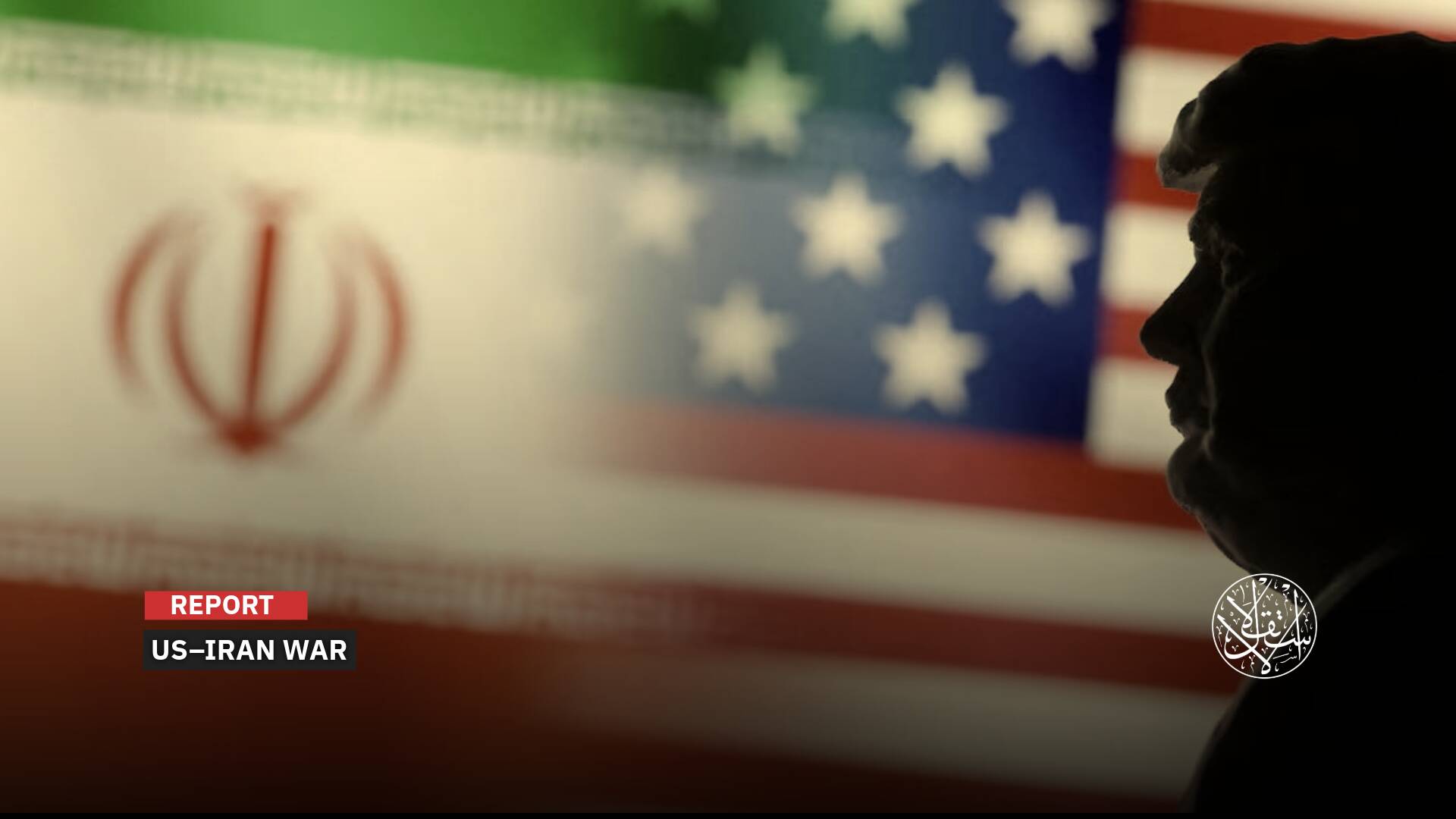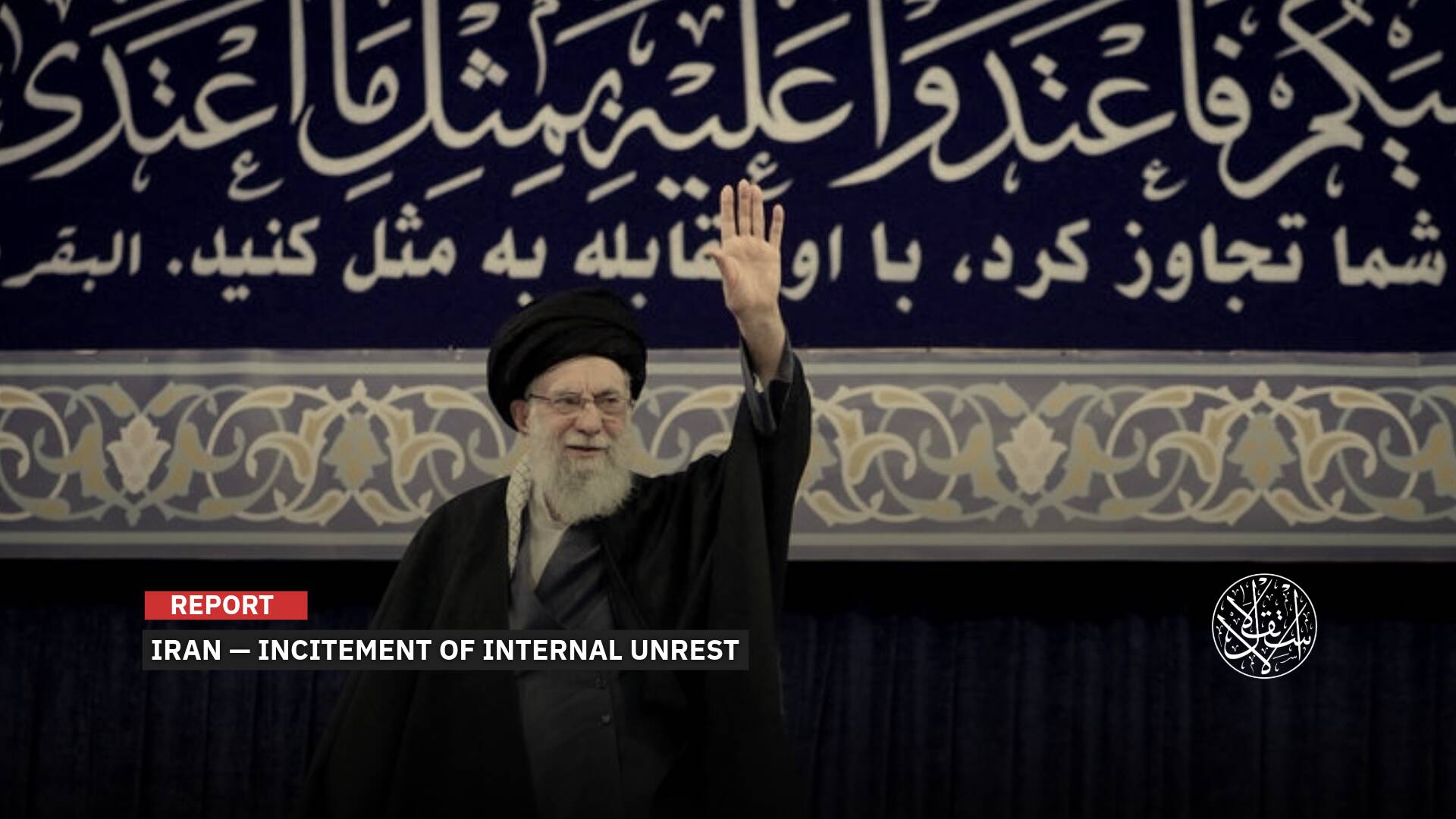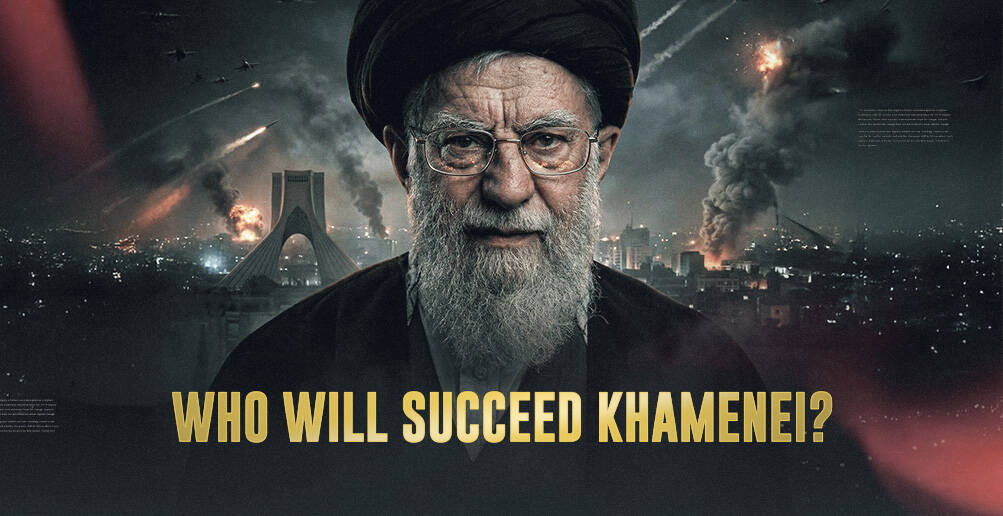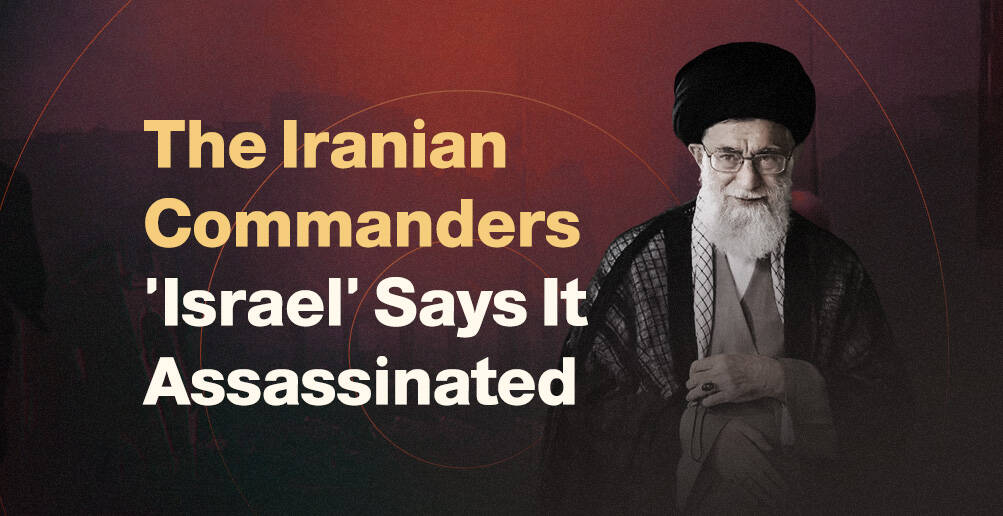Unparalleled Democracy: The Most Prominent Electoral Paradox That Turkiye Witnessed

Turkiye began preparing for the first run-off in the history of the presidential elections, which is scheduled to be held on May 28, 2023, after a fierce electoral competition that saw President Recep Tayyip Erdogan ahead of his rival, Kemal Kilicdaroglu, without succeeding in securing enough votes to confirm his victory in the first round.
Turkish President Recep Tayyip Erdogan won 49.50% of the vote, according to preliminary results of the presidential elections, after counting 99.87% of the ballot boxes.
The candidate of the Six-Party Table Alliance, Kamal Kilicdaroglu, reached 44.89% of the total votes, while the candidate of the ATA Alliance, Sinan Ogan, achieved 5.17%, and the percentage of the fourth presidential candidate who withdrew from the elections amounted to only 0.44%.
The Turkish president appeared from the balcony of victory at the headquarters of the Justice and Development Party (AKP) in the capital, Ankara, and praised Turkiye’s democratic maturity, criticizing the haste to announce the results, which means stealing the will of the people.
While the opposition candidate Kilicdaroglu came out at a press conference accompanied by his seven deputies to announce his progress in the preliminary results of the elections.
Erdogan welcomed the Turkish voters heading to a second round of the presidential elections, stressing that he respects the decisions of the people of various orientations.
Erdogan warned that the People’s Alliance is also advancing in the parliamentary elections, as it won the majority, indicating that the choice of the Turkish people will be in favor of the country’s stability.
On his part, Kilicdaroglu revealed that objections had been submitted to the results of 300 ballot boxes in Ankara and 700 ballot boxes in Istanbul.
Kilicdaroglu stressed that the opposition alliance will decide the second round of the elections in his favor, in an explicit recognition of the preliminary results, despite members of the Republican People’s Party (CHP) questioning the preliminary results at the beginning of the counting of votes.
As for the candidate who came third in these elections, Sinan Ogan, he said in a statement that he is not inclined to support any side in the run-off.
On the other hand, after counting 99.87% of the votes, the People’s Alliance led by the AK Party seemed on its way to achieving a majority by obtaining 322 seats in the 600-seat parliament.
The Nation’s Alliance led by the CHP won 213 seats, and the Labor and Freedom Alliance won 65 seats.

Democratic Elections
On the morning of May 14, 2023, the voting process in the presidential elections and the twenty-eighth session of the parliamentary elections began throughout Turkiye.
Turks voted in more than 191,000 ballot boxes throughout Turkiye, to elect a new president for the country for a period of 5 years, and to choose 600 deputies who make up the 28th parliament in the history of the Turkish Republic.
A few days ago, the voting process outside Turkiye ended, as 1,737,079 expatriate Turks cast their ballots in 156 centers in 73 countries, with a participation rate of about 50.85% of the total number of voters of 3,416,000, according to the data of the Supreme Election Authority.
In the country, more than 55.8 million voters cast their ballots, with a turnout of 86.99%, according to the Turkish Anadolu Agency.
It is noteworthy that 47,523 other citizens will cast their votes for the first time after the presidential elections remain for the second round. That is, those who will complete their 18th year.
The current Turkish president and presidential candidate, Recep Tayyip Erdogan, cast his vote in the Turkish elections at a polling station in Istanbul, while his rival, Kemal Kilicdaroglu, cast his vote in Ankara, after the polls opened in Turkiye on the morning of May 14.
Erdogan and his wife lined up in front of the ballot box and waited for their turn to cast their votes.
After casting his vote, Erdogan said: “There are no problems with the voting process in all regions of the country,” expressing his hope that the election result will be good for Turkiye’s future.
In Ankara, presidential candidate Kilicdaroglu said, when casting his vote, that Turkiye longed for democracy.
On its part, the Electoral College has taken steps to make it easier for all citizens to vote, regardless of their circumstances and status.
For those who could not leave their homes or hospital beds, mobile ballot boxes were set up and brought to the voters’ site, so they could cast their ballots in private.
In addition, it transported voters to the polling stations with the help of ambulances free of charge.
The Electoral College provided special voting forms for blind citizens, enabling them to vote independently and in secret.
It also set up polling stations inside prefabricated housing in the earthquake-affected areas in southern Turkiye, amidst a high turnout from citizens residing there.

Polling centers across Turkiye witnessed many situations, some of which were distinguished and influential, while others were not devoid of wit.
Social media circulated a video clip of a young Turkish man who imprisoned his father at home in order to prevent him from going to the polling stations, knowing in advance that he would vote for the AK Party, as reported by the Turkish newspaper Yeni Safak.
Meanwhile, social media circulated a picture of a Turkish elderly woman who went to cast her vote in a polling station, accompanied by her son, who was carrying an oxygen cylinder for her.
An elderly woman died in the city of Trabzon while casting her vote, and an observer in the Turkish elections in the city of Rize while performing his work, after suffering a heart attack, according to Turkish media.

Strengths and Weaknesses
In unexpected steps, Turkish citizens gave their votes to Erdogan, despite their opposition to him, and despite their affiliation with other parties, which they voted for on the parliamentary lists, which reminds us once again of what happened in the local elections in 2019 and the dual will of the Turkish voter.
A number of Turkish citizens published on social media pictures of their electoral cards, which contained the stamp of voting for Erdogan for the presidency, and the stamp of their parties on the parliament’s list, although they are not allied with the AK Party to which the president belongs.
There were many reasons why Erdogan’s opponents voted for him, according to observers, for example: Some of the supporters of the withdrawing presidential candidate, Muharrem Ince, voted for Erdogan to spite his rival Kilicdaroglu.
In addition, a number of members of the Republican People’s Party also voted for Erdogan because of Kilicdaroglu’s alleged role in the withdrawal of Ince.
Meanwhile, several Kurds supporting the Peoples’ Democratic Party (HDP) voted for President Erdogan, due to their dissatisfaction with the decision to support Kilicdaroglu, although they voted for their party’s lists in the parliamentary lists.
The election results also showed that all the Turkish states affected by the February 6 earthquake trusted President Erdogan and gave him the majority due to his promises to restore their lives to normal and give them new homes, bearing in mind that in some of those states, Erdogan does not have much popularity.
It is noteworthy that the electoral program of the ruling AK Party carried the weakness of the opposition coalition’s program and everything that occupies the Turkish street, including security concerns, economic demands, and aspirations to reserve a place and status on the map of the elders.
In addition to the fact that President Erdogan enjoys the charisma of a political leader, his personality is present in the various spectrums of Turkish society, which gave him strength in the face of his competitors.
Whereas, Kilicdaroglu does not enjoy the charisma of a political leader, and he is a very controversial figure; Indeed, in the Turkish electoral consciousness, he is a figure who has not been able to succeed in any elections against Erdogan and the ruling party, since his candidacy for the Istanbul local elections and his assumption of the party leadership in 2010, except for a limited victory for his party in the recent local elections.
Also, among the weaknesses that can be added are Kilicdaroglu’s declaration of requesting cash loans from international institutions, and the lack of clarity in the opposition coalition’s program regarding Turkiye’s independence and its national security issues.
It is noteworthy that the Turkish presidential and parliamentary elections were considered a pivotal battle in which political goals were mixed with social, historical, and other goals, according to observers.
Each party tried to possess the largest number of strengths and avoid anything that would weaken its position in the presidential or parliamentary elections, leaving the determination of the fate of the various alliances and parties on the Turkish scene to the Turkish voter, whose decision depends on a number of internal and external factors, which left the expectation of the election results without any prior weighting.

Intellectual Messages
On the other hand, the last hours before the electoral silence period on the evening of May 13, 2023, witnessed the renewal of the two main candidates in the presidential elections, reminding their supporters of the intellectual incubator and sending direct messages from both sides to their Islamic and secular bases.
As Erdogan prayed in the Hagia Sophia Mosque, while his rival Kilicdaroglu visited the tomb of the founder of the Turkish Republic, Mustafa Kemal Ataturk, in Ankara, promising a democratic future that enhances public freedoms.
Turkish media said that President Erdogan chose to end his election campaign by going to the Hagia Sophia Mosque, where he performed the sunset and dinner prayers there, accompanied by Sheikh Hassan Effendi, the leader of the Sufi group Ismail Aga, in the historic Fatih district of Istanbul.
Then Erdogan recited verses from Surah al-Baqarah amidst a huge crowd of his supporters present at the mosque.
Conservatives in Turkiye and supporters of President Erdogan saw that his visit to the Hagia Sophia had great symbolism since it had been a controversial topic inside and outside Turkiye for years, especially after President Erdogan’s decision to convert it from a museum into a mosque.
Erdogan will complete his election campaign with an evening prayer at Hagia Sophia in Istanbul.
— Ragıp Soylu (@ragipsoylu) May 13, 2023
His one of the biggest achievements in the eyes of the political Islamists is reconverting it to a mosque. And thousands of his supporters wait him there
pic.twitter.com/9u2MDu8kEy
Also, Kilicdaroglu’s choice to visit Ataturk’s tomb in the capital, Ankara, did not come by coincidence.
The Turkish opposition leader belongs to the CHP, which was founded by Mustafa Kemal Ataturk in 1923.
His party adopts what is known as Kemalist ideas and sees itself as the heir to the values of the Republic and secularism.











